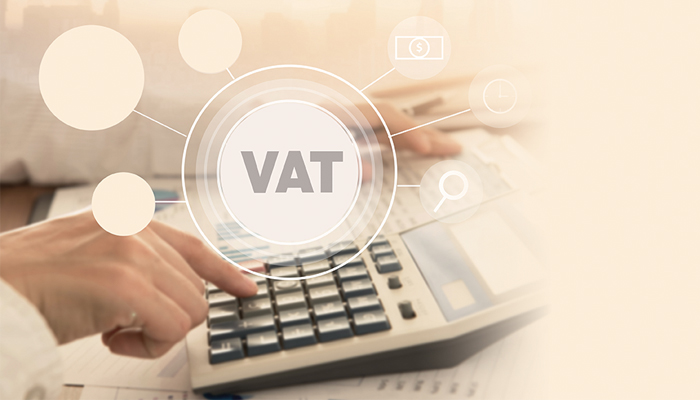
Muscat: Value Added Tax (VAT) comes into effect in Oman from Friday, which will see an additional charge of 5 per cent added to a number of goods and services purchased by customers in the country.
Read also: Essential foodstuffs in Oman to attract zero per cent VAT
VAT, governed by Royal Decree No. 121/2020, is expected to add about OMR400 million in revenue to the country every year, which amounts to about 1.5 per cent of the national gross domestic product (GDP).
It became a law after the signing of Decision No. 53/2021, issued by Saud Nassir Al Shukaili, the Chairman of the Tax Authority.
A number of essential commodities and services will not be taxed. Such commodities include about 488 essential food products, such as fruit, vegetables, meat, dairy, food grains, nuts, baby food, mineral water, and juices.
“Financial services, healthcare, related goods and services, education and its related services, undeveloped lands, resale and rent/lease of residential properties, and local passenger transport services are exempt from VAT,” said Aastha Rangan, director, VAT Advisory at Crowe Oman.
Speaking during an awareness session organised to educate people about VAT, she added that goods used by diplomatic missions, international organisations, the armed forces, and emergency services are also exempt from VAT.
Teams from the Consumer Protection Authority (CPA) will conduct regular and surprise inspections of shops to make sure the tax is properly applied.
“All commodity prices are monitored by the authority, and are included in lists that are updated periodically,” said Sulayem bin Ali Al Hikmani, the chairman of the CPA.
“Our teams are working to ensure the prices of goods and services exempt from taxation are not increased, once the law comes into effect on 16 April.”
“We will also monitor whether the prices are increased by up to 5 per cent, which is the tax rate stipulated,” he added. “Increasing prices by less than 5 per cent is allowed under the law.”
Imported goods that are exempt from VAT at the time of supply to the country will also not be taxed. Furthermore, the personal belongings of residents arriving in Oman for the first time are also not included under the tax.
Gifts received by passengers, as well as the belongings of special needs individuals are also exempt.
Companies and individuals that need to register for tax are allowed to do so in a phased manner. Those with an annual value of taxable supplies above OMR1 million were required to sign up between 1 February and 15 March 2021, and are considered registered for VAT from 16 April onwards.
Those with taxable supplies between OMR500,000 and one million need to register between 1 April and 31 May, 2021, and with their VAT registration coming into effect from 1 July 2021.
Similarly, taxable persons with supplies valued between a quarter of a million and half a million rials can register between 1 July and 31 August, 2021. They are considered registered for VAT effective from October 1.
Companies with supplies between OMR38,500 and a quarter of a million rials need to sign up between 1 December, 2021, and 28 February, 2022. Their registration is active from 1 April, 2022 onwards.
All companies, irrespective of the value of their taxable supplies, were given the opportunity to register for VAT from 1 February this year.
“The six GCC countries – UAE, Oman, Saudi Arabia, Bahrain, Kuwait, and Qatar – signed the VAT framework agreement in 2016,” explained Taysir Naseeb Al Rawahi, director of taxation for Crowe Oman.
“Both the UAE and Saudi Arabia introduced VAT in January 2018, followed by Bahrain in January 2019. In 2020, Saudi Arabia raised the VAT rate to 15 per cent,” he added.